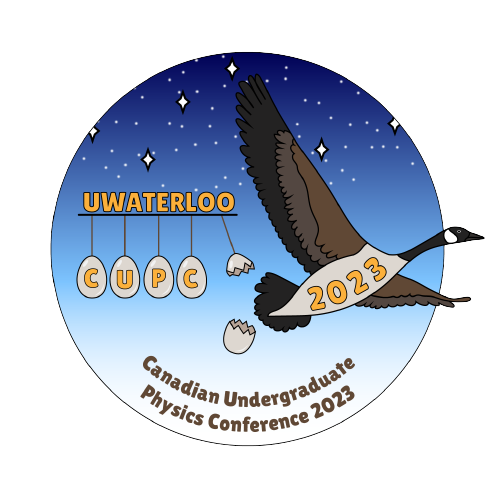We introduce to you the CUPC 2023 Keynote Speakers
In order of appearance
Dr. Laurie Rousseau-Nepton
Dr. Laurie Rousseau-Nepton is a Quebecois-Innu astrophysicist, the first Indigenous woman in Canada to hold a Ph.D. in astrophysics, and a newly appointed Assistant Professor position at the University of Toronto. She is the Principal Investigator of the research project SIGNALS: the Star-formation, Ionized Gas, and Nebular Abundances Legacy Survey; a massive survey system at the Canada-France-Hawaii Telescope. This project observes incredibly large regions full of stars in nearby galaxies.
Dr. Rousseau-Nepton will be speaking about the extensive observations made by the SIGNALS Project, with over 50,000 observed extragalactic star-forming regions located in different galactic environments. This is done using the instrument SITELLE, an Imaging Fourier Transform Spectrograph to cover 40 galaxies that actively form stars. Her work seeks to increase our knowledge on how stars form in galaxies, and how both the stars and their birthplace affect each other over multiple generations. Through her lecture, we will come to learn that each star has its own unique story and individual journey.
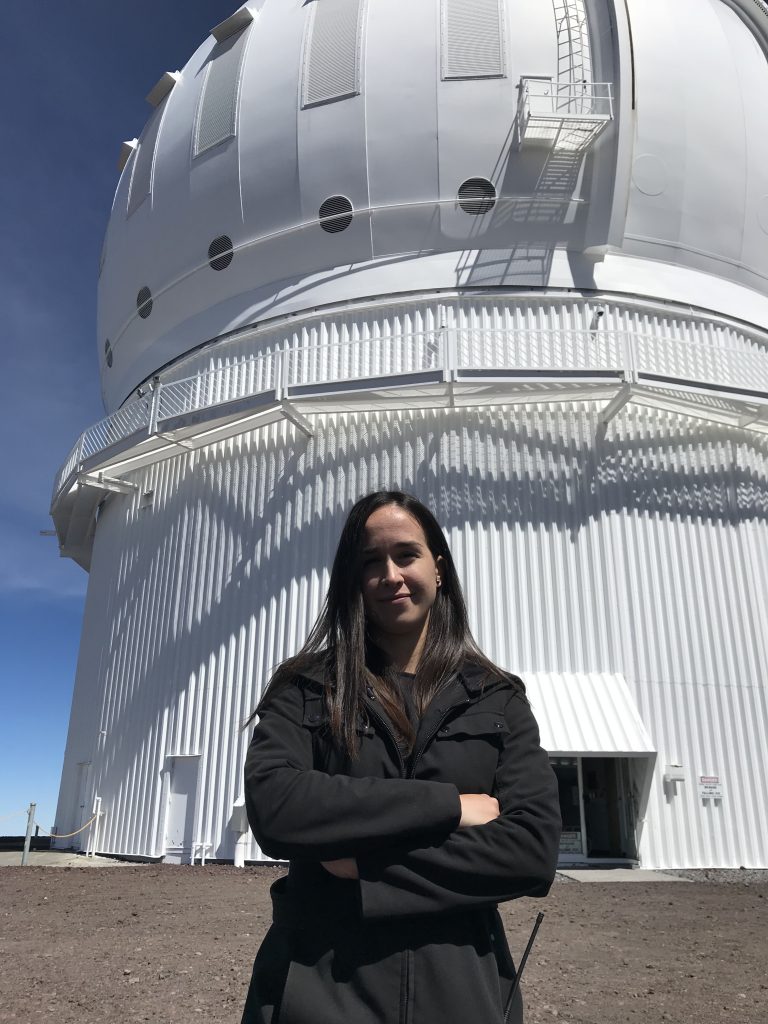
See more on Dr. Rousseau-Nepton here:
- https://www.dunlap.utoronto.ca/dunlap-people/prof-laurie-rousseau-nepton/
- https://indusspace.ca/laurie-rousseau-nepton/
- https://www.nfb.ca/series/north-star/
Dr. Donna Strickland
Dr. Donna Strickland is a 2018 Nobel Laureate for her developing chirped pulse amplification with Gérard Mourou, her PhD supervisor at the time. She has been a Physics professor at the University of Waterloo since 1997, and is a beloved member of the UW community. She is also the co-founder of the TRuST (Trust in Research Undertaken in Science and Technology) Network, a new project launched in January 2023 aiming to improve scientific communication and literacy with the public and create trust in science and technology.
Dr. Donna Strickland will be conducting a talk on the importance of Trust in Science and Technology. The network aims to further understand trust and lack of trust in science and technology and to support ethically earning and sustaining trust in these domains. rom Chirped Pulse Amplification to Science Communication, is there anything she can’t do?
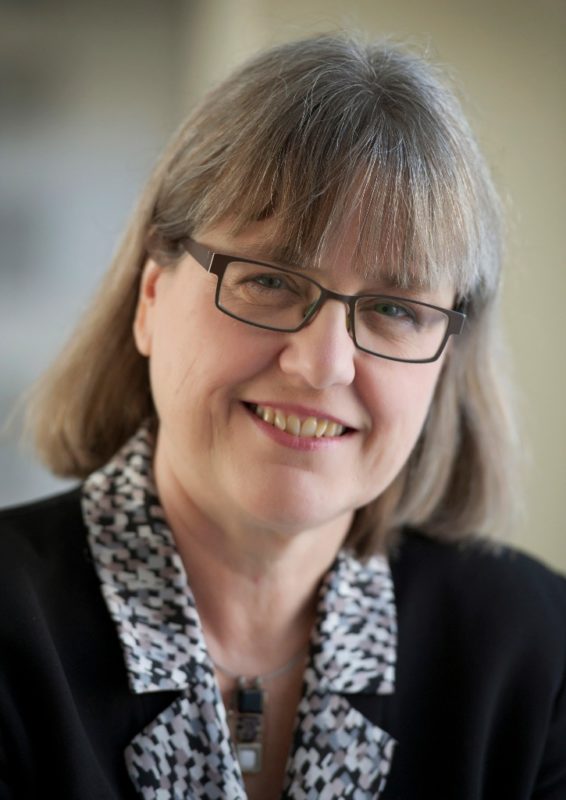
See more on Dr. Strickland here:
- https://uwaterloo.ca/science/news/nobel-laureate-donna-strickland-launches-trust-science-and
- https://www.nobelprize.org/womenwhochangedscience/stories/donna-strickland
- https://uwaterloo.ca/physics-astronomy/profile/strickla
Dr. Robert Mann
Dr. Robert Mann is currently a Professor of Physics at the University of Waterloo, having previously held the positions of Department Chair from 2001-2008 and President of the Canadian Association of Physicists (CAP) in 2010. He is a highly awarded individual, having received several awards including a Fulbright Fellowship, Outstanding Referees Awards from the American Physical Society and the European Physical Society, Teaching Excellence awards, a Medal of Excellence from CAP, and most recently in 2022 he was awarded the distinction of University Professor, the highest recognition of excellence offered at the University of Waterloo. His research interests are in black holes, cosmology, particle physics, quantum foundations, and quantum information.
Dr. Mann will be walking the CUPC delegates through a comprehensive history of the physics field, then propelling them into the future and discussing the possible advancements. We’ll also get some insight into his research contributions.

See more on Dr. Mann here:
- https://uwaterloo.ca/physics-astronomy/profile/rbmann
- https://perimeterinstitute.ca/people/robert-mann
Dr. David Cory
Dr. David Cory is a Professor of Chemistry at the University of Waterloo, a faculty member of the Institute of Quantum Computing, and holds the Canada Excellence Research Chair in Quantum Information Processing. He chairs the executive committee of the Quantum CoLaboratory, a Canadian shared resource for accessing the quantum innovation cycle. His work aims to develop small quantum processors based on nuclear and electron spins, persistent current superconducting devices and optics.
Dr. Cory will be educating the CUPC 2023 delegates on quantum technologies and their applications. Quantum mechanics is the ultimate description of nature, and devices that operate via the laws of quantum mechanics can reach efficiencies beyond those available to any classical device. Quantum devices have and will transform sensing, secure communication, physics simulations, and quantum computing, and their applications span health, medicine, navigation, materials and physics. Dr. Cory’s lecture will be an interactive discussion that introduces the implementation of quantum devices and shows selected applications, so make sure to participate!
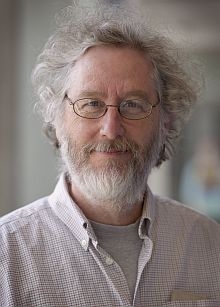
See more on Dr. Cory here:
- uwaterloo.ca/institute-for-quantum-computing/
- tqt.uwaterloo.ca
- quantumcolab.ca
- https://uwaterloo.ca/institute-for-quantum-computing/programs/msc-physics-quantum-technology-specialization-course-based
Dr. Magdalena Bazalova-Carter
Dr. Magdalena Bazalova-Carter is an Associate Professor at the University of Victoria and the lead of the Medical Physics research group working at XCITE Lab: the X-ray Cancer Imaging and Therapy Experimental Lab. She began her Physics Engineering studies in Prague, and continued to advance her career at Stanford, McGill, and now UVic.
The XCITE Lab group aims to improve cancer treatment outcomes through FLASH Radiotherapy and advance cancer detection to improve outcomes of radiation therapy treatment. In her keynote lecture, Dr. Bazalova-Carter will discuss the current research aimed towards clinical translation of FLASH and its challenges. She will present XCITE’s designs of new, cost-effective beam systems and the fine results of their experiments. XCITE-ing, isn’t it?
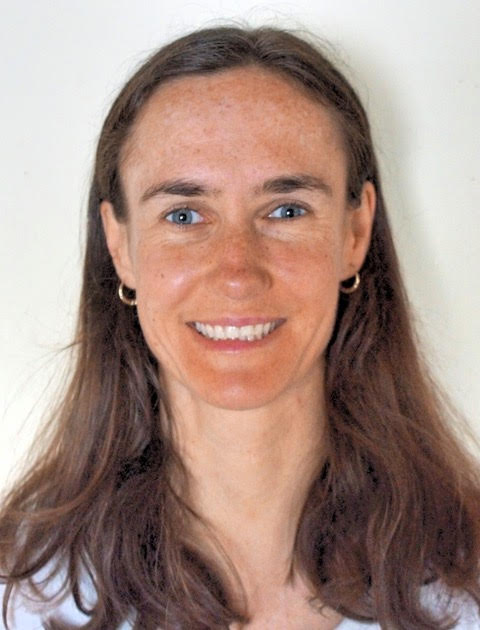
See more on Dr. Bazalova-Carter here:
